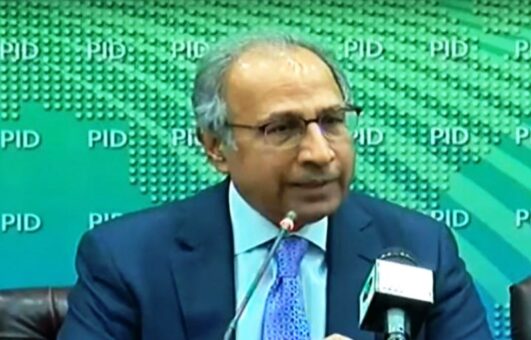ISLAMABAD – The Economic Coordination Committee (ECC) of the Cabinet has approved the abolition of regulatory duty on several items prone to smuggling, in a move aimed at discouraging illegal trade and enhancing legal imports.
The decision was taken during an ECC meeting held on Thursday, chaired by Adviser to the Prime Minister on Finance and Revenue, Dr. Abdul Hafeez Shaikh. The committee reviewed various tariff and trade-related proposals and gave its approval to remove or reduce regulatory duty on goods such as fabric, sanitary ware, LED televisions, padlocks, blankets, and electrodes—items that have long been attractive to smugglers due to high taxes and duties.
The removal of regulatory duty on these smuggling-prone items is seen as part of the government’s broader strategy to rationalize tariffs, discourage illegal cross-border trade, and bring more transactions into the formal economy. The ECC hopes this step will not only improve revenue collection through legal channels but also make essential goods more affordable for consumers.
In addition to the changes in regulatory duty, the ECC also approved revised standard security package documents for private-sector hydropower projects under the Policy for Power Generation Projects 2002. These include key agreements such as the Implementation Agreement (GOPIA), Government of Pakistan Guarantee, Power Purchase Agreement (PPA), and Water Use Agreement (WUA), marking progress in streamlining private energy investment.
The ECC also deliberated on and approved five proposals for technical supplementary grants (TSGs). These include Rs 4.313 billion for employee-related expenses under the Interior Division, Rs 900 million for salary adjustments for employees of the National Commission for Human Development, Rs 52.70 million for necessary expenditures under the Revenue Division, Rs 39.22 million for operational needs of the Pakistan Rangers, and Rs 18.53 million for the Islamabad administration’s COVID-19 control measures.
By reducing regulatory duty, the ECC aims to realign trade policies with market realities and curb the incentive for smuggling, ensuring a more transparent and regulatory-compliant economic environment.
